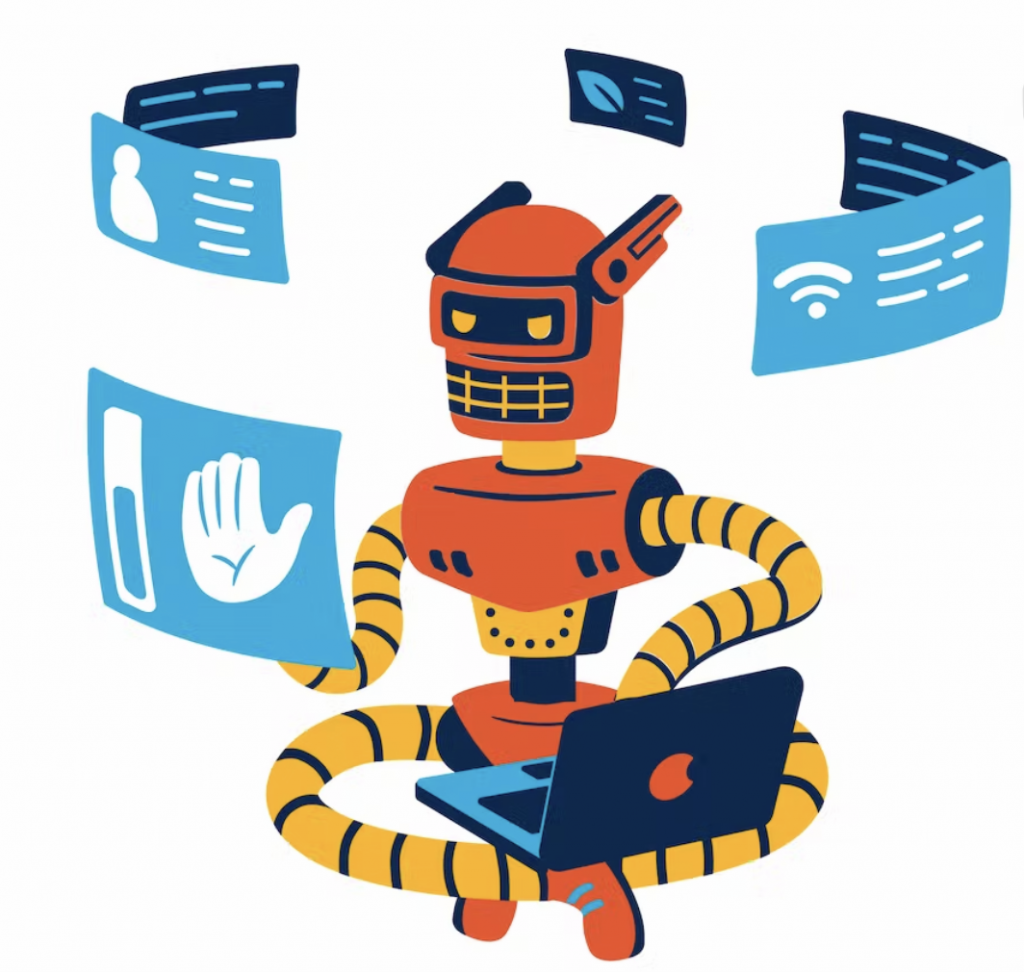It is anticipated that AI will have a significant impact on a variety of industries, although the degree of disruption will vary. Some sectors will undergo significant transformation, while others may experience a more gradual shift. The following industries are likely to be affected by AI:
Automation and robotics have begun to transform the manufacturing and logistics industries. Assembling, packaging, and warehousing are increasingly being automated, leading to a decline in demand for manual labour in these fields.
Chatbots, virtual assistants, and recommendation systems powered by artificial intelligence are transforming retail customer service and sales roles. This could result in sales representative and customer service agent job losses.
AI and machine learning can analyse large quantities of financial data, automate routine tasks such as bookkeeping, and detect fraud more effectively than humans can. This may have an effect on accounting, financial analysis, and auditing positions.
Autonomous vehicles, drones, and advanced navigation systems have the potential to disrupt the transportation industry, which includes taxi drivers, truckers, and delivery personnel.
Agriculture: AI-driven systems are increasing the efficiency of farming by automating tasks such as crop monitoring and pest control. This could result in a decline in agricultural manual labour demand.
AI and ML can improve healthcare diagnostics, drug discovery, and personalised medicine. While this technology is likely to benefit healthcare professionals, it may also reduce the demand for certain positions, such as medical transcriptionists and radiologists.
Human resources: AI-powered recruitment and talent management systems can make the hiring process more data-driven and efficient. This may have an effect on employment in recruitment and HR administration.
Legal: Artificial intelligence can assist with document review, legal research, and contract analysis, which could impact paralegals, legal assistants, and other support positions in the legal industry.
AI-powered marketing and advertising tools can analyse customer data, optimise campaigns, and produce personalised content. This may impact market research, content creation, and advertising jobs.
Administration and office support: AI can automate repetitive tasks such as data entry, appointment scheduling, and document management, thereby reducing the demand for administrative and office support positions.
It is crucial to note that the adoption of AI does not always result in job loss; it can also create new employment opportunities and enhance existing roles. To remain competitive in the job market, workers will need to adapt to new technologies and develop skills that complement artificial intelligence.




